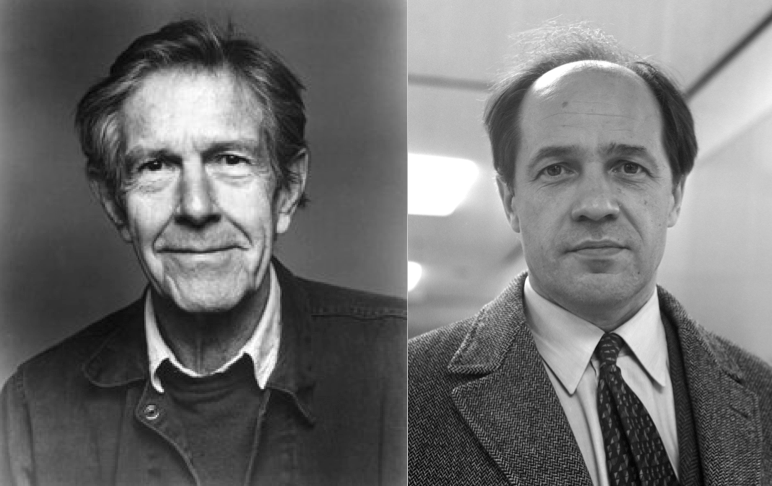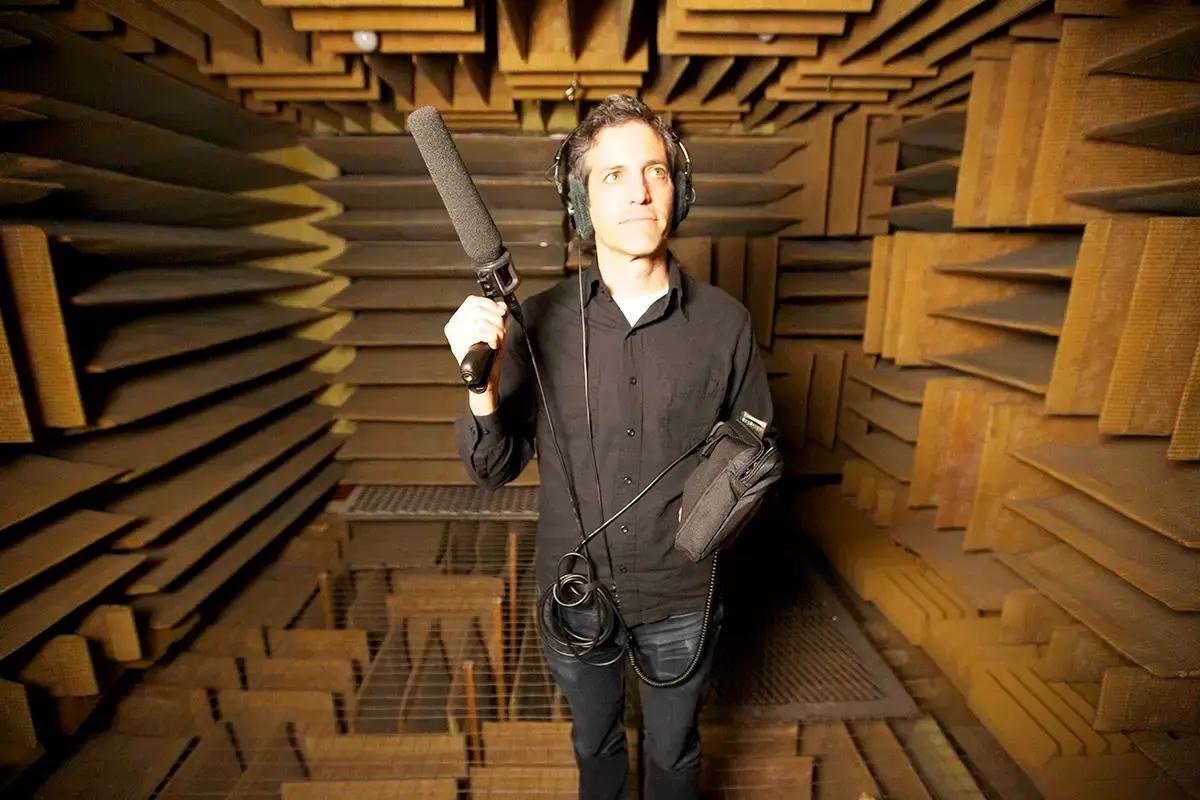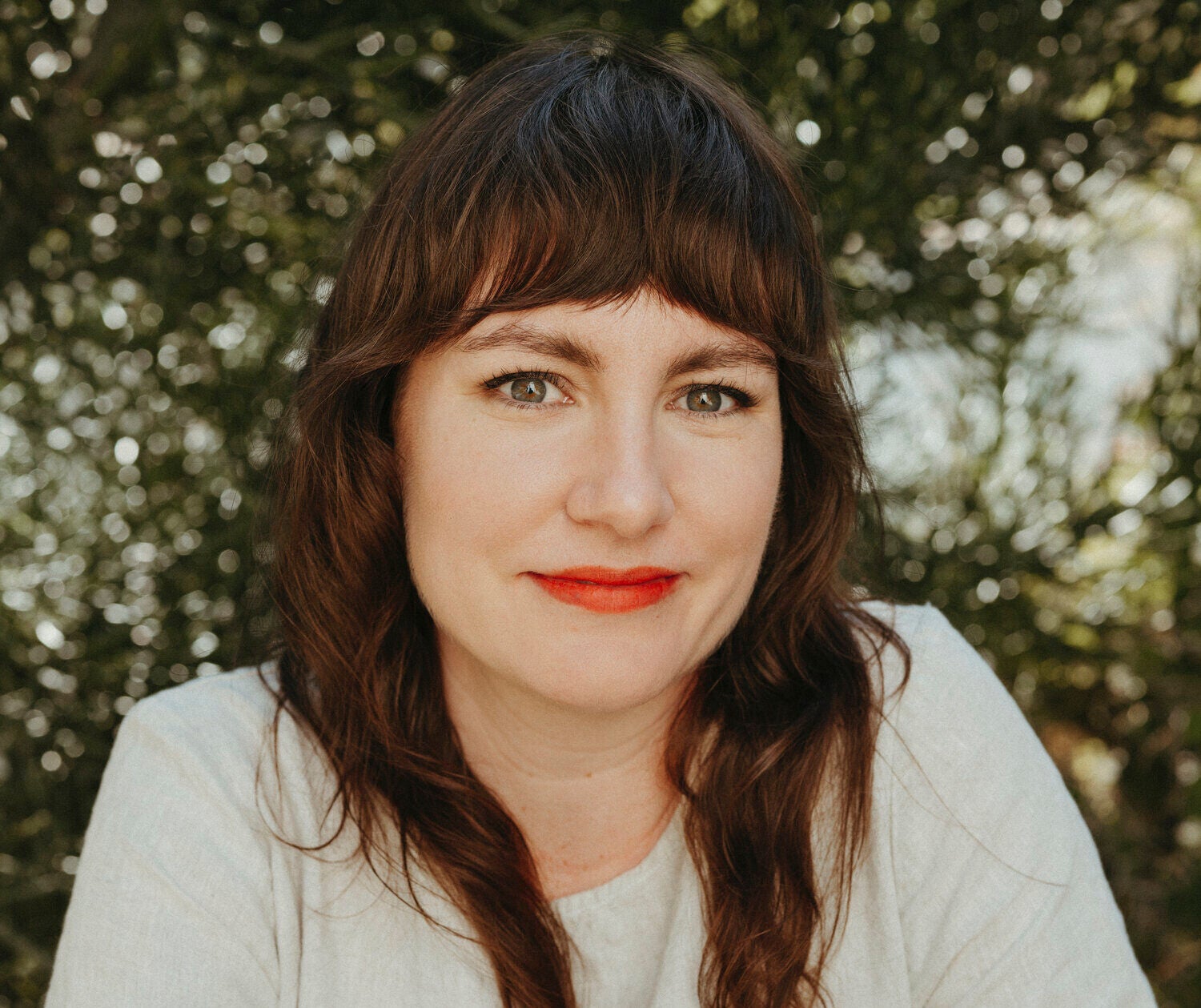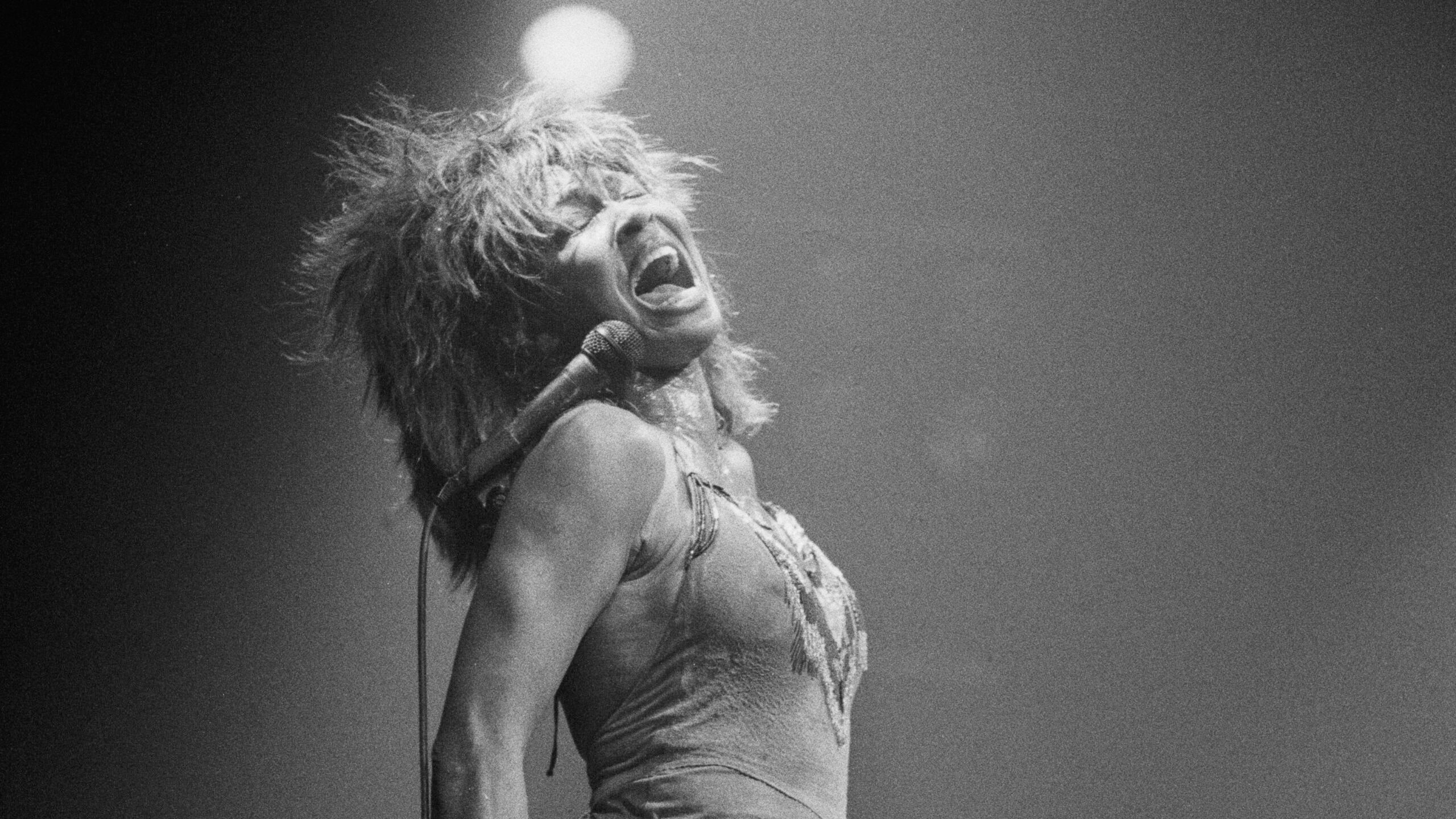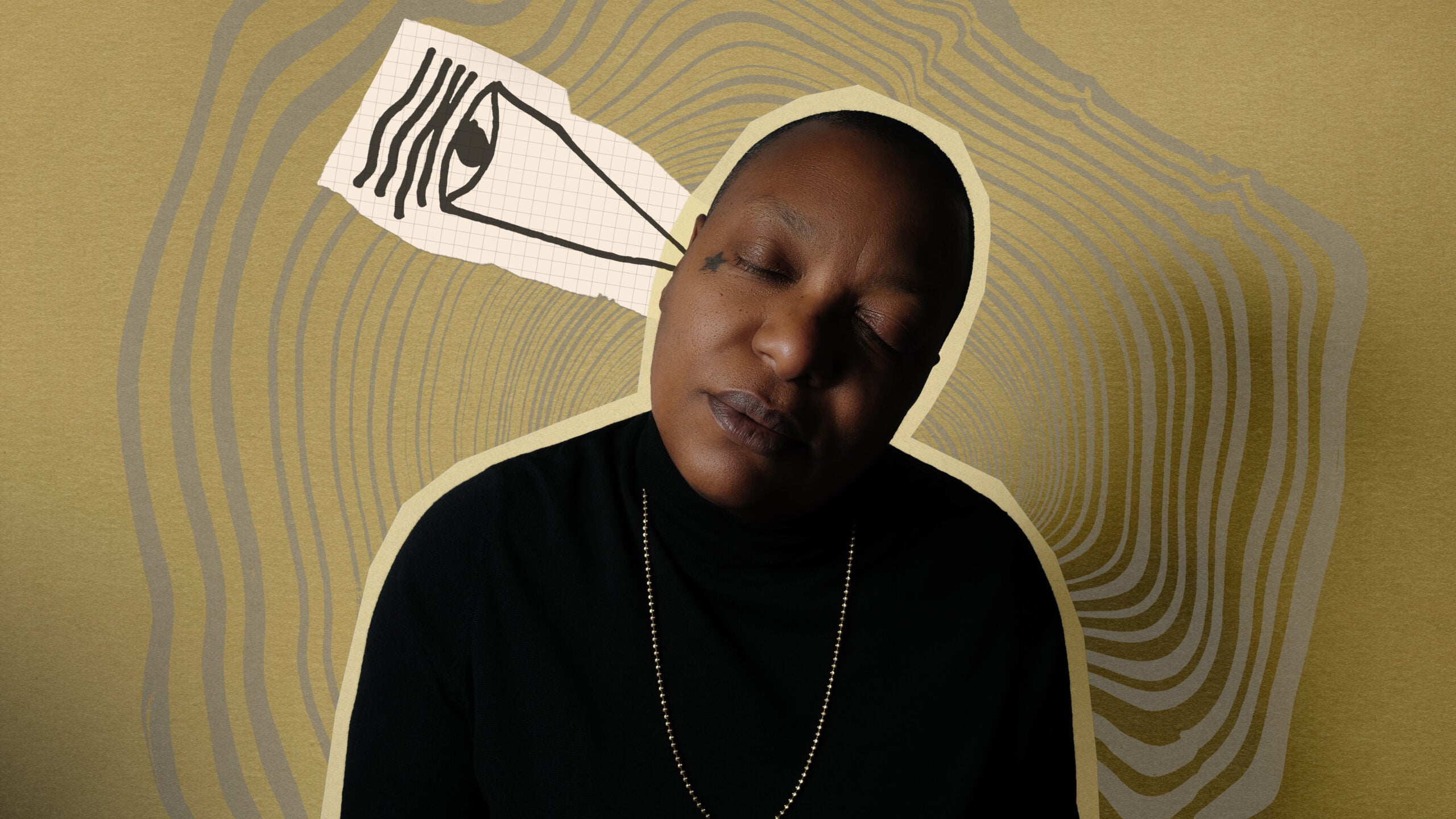Was it just the review or did something bigger break up a major musical friendship? One way or the other, in 1952 a music critic for the New York Tribune helped to widen the gap between the American composer John Cage and the French conductor and composer Pierre Boulez.
The reviewer, Peggy Glanville-Hicks, was a conservative composer, but after a Greenwich Village concert, she made a distinction between the avant-garde writing of Cage and the style of Boulez. She referred to “the real impression of the real poetry that Cage’s scores create.”
On the other hand, Glanville-Hicks described a sonata by Boulez as “chaos, organized, stabilized chaos,” without the joy of life that’s evident even in the most dissonant American pieces. She added that the works of Boulez and other European avant garde composers emphasized “acidity,” as if it was their only aim.
Stay informed on the latest news
Sign up for WPR’s email newsletter.
Before the review, Boulez and Cage had been friends. After it, Boulez would have nothing further to do with Cage. But from the start, contrasting temperaments had put a strains in their relationship. Cage had been living on pennies ever since his arrival in New York, but tried to give his poverty a kind of gentility. As a visitor to New York, Boulez expected everything to be elegant and was annoyed when Cage’s car ran out of gas during a return trip from Cape Cod. Cage took Boulez to a diner in Providence and Boulez complained about the food and the service and wanted to get up and walk out.
For his part, Boulez later dismissed Cage as “refreshing, but not very bright,” adding, “his freshness came from an absence of knowledge.”
The friendship between Pierre Boulez and John Cage, shaky from the start, never did recover from a review that favored the American over the Frenchman.
Wisconsin Public Radio, © Copyright 2024, Board of Regents of the University of Wisconsin System and Wisconsin Educational Communications Board.

